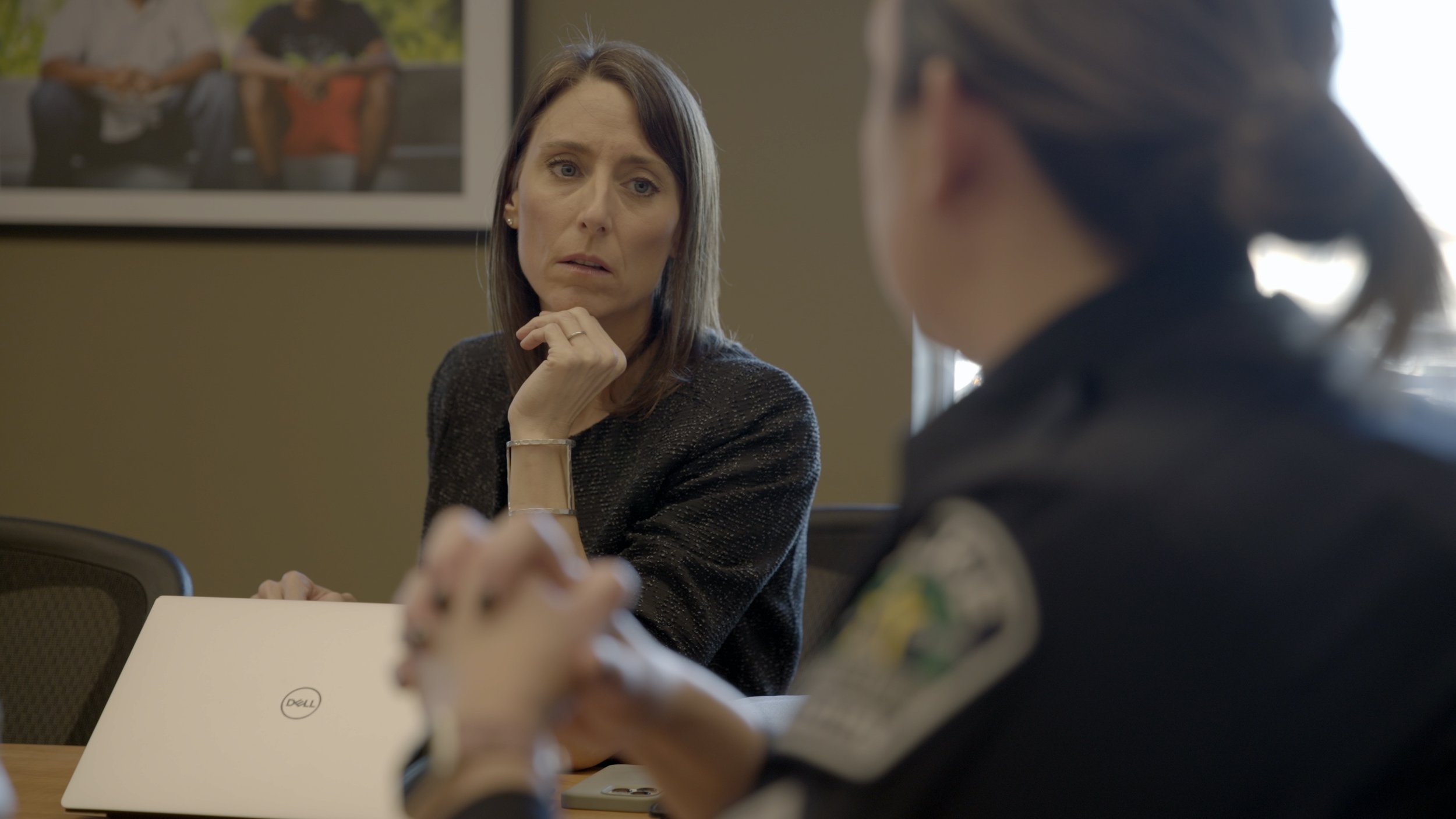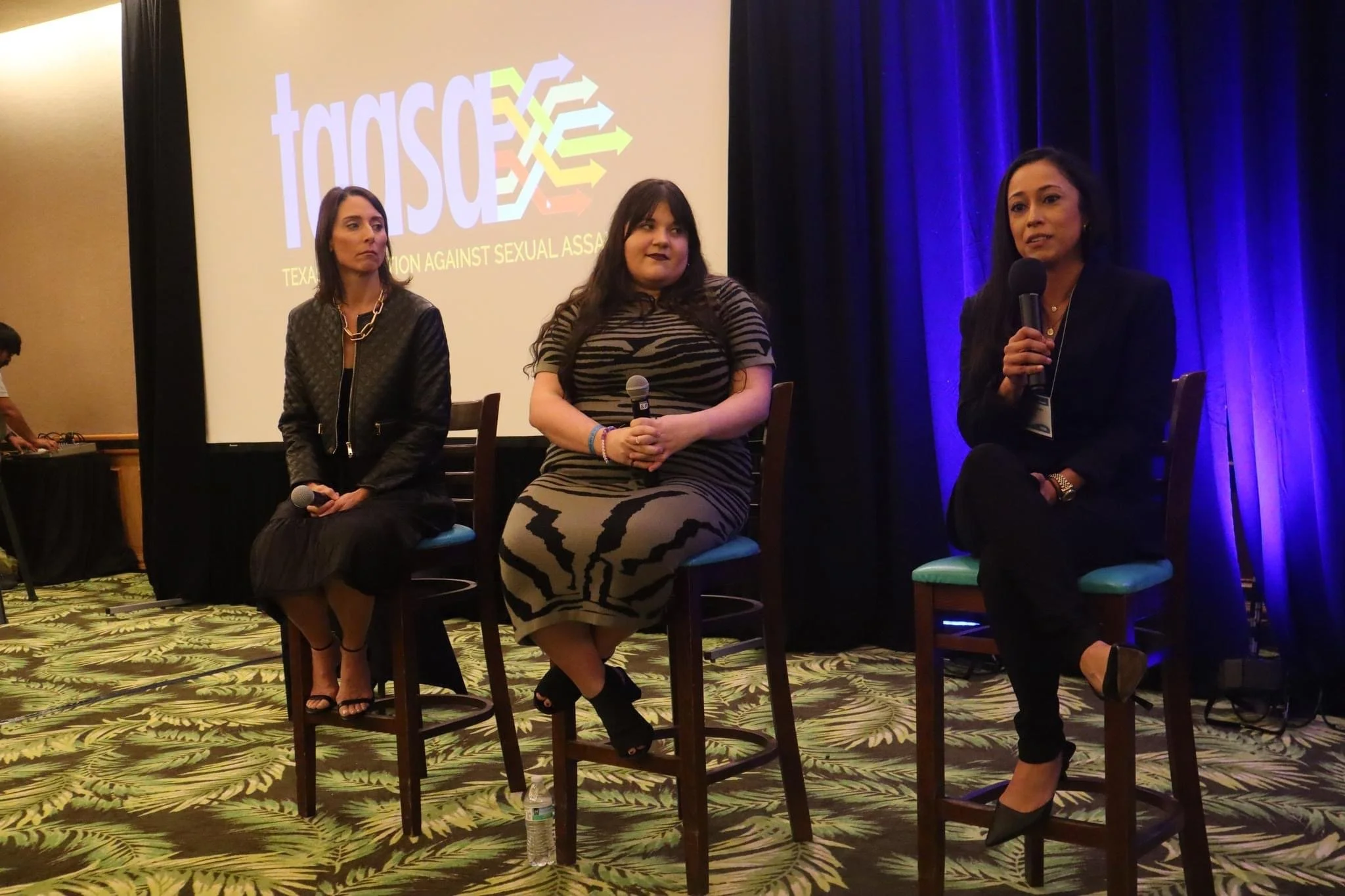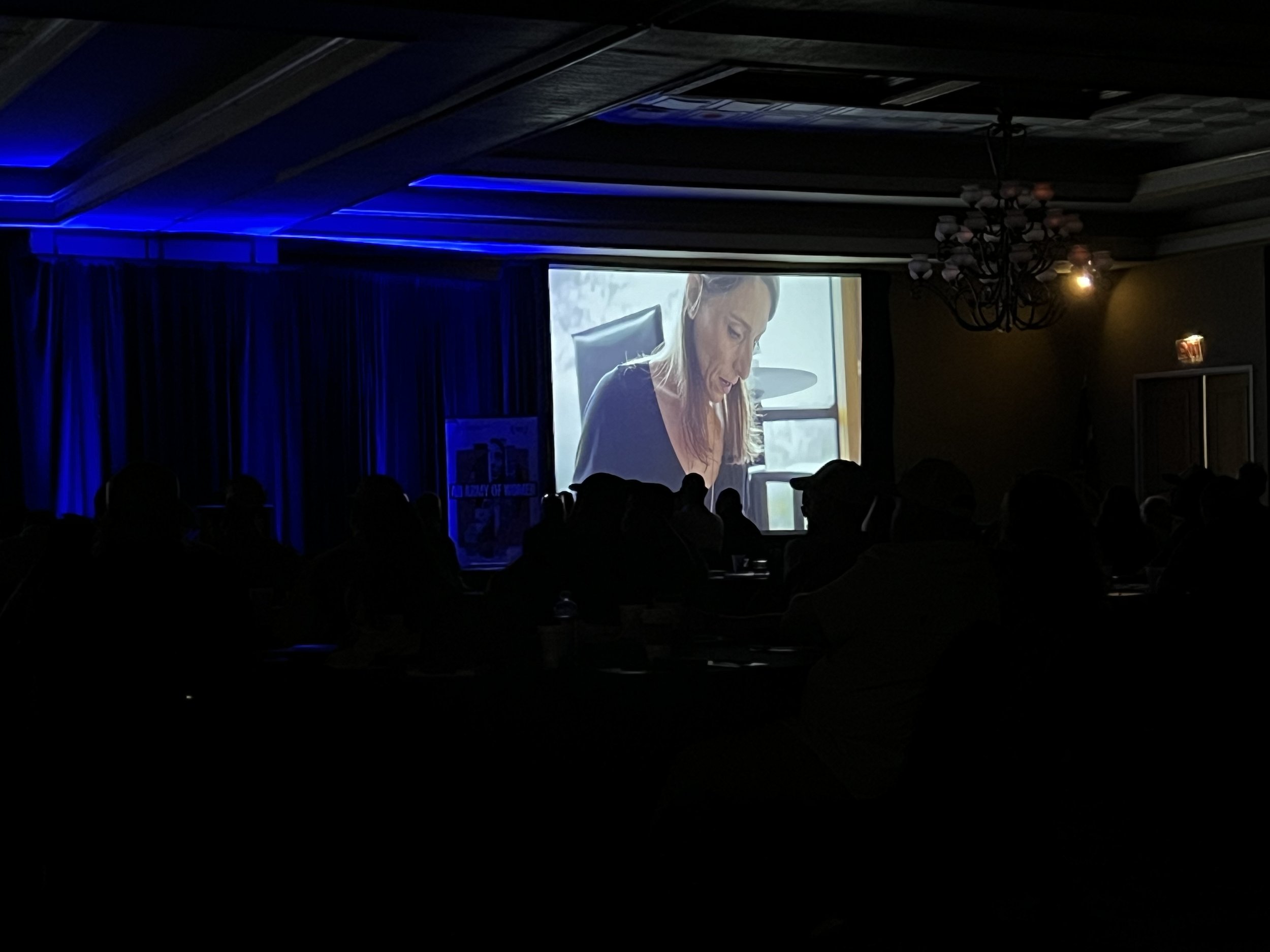
RESOURCES FOR CRIMINAL JUSTICE AGENCIES
The overwhelming majority of sexual assault survivors do not report their cases to the police. According to the National Crime Victimization Survey, 31% of all cases are reported, while in Texas, an IDVSA study found that only 9% of survivors report.
For survivors who do report to law enforcement, the process of reporting a sexual assault inflicts secondary trauma and can be retraumatizing for many. The current questioning around violent sexual assault (which is strikingly different to that around other violent assaults), the process of collecting evidence via sexual assault kits and medical exams, and the ways in which law enforcement communicate with survivors about their cases all contribute to this secondary trauma.
AN ARMY OF WOMEN tells the story of survivors advocating for a stronger, more compassionate response to sexual assault within the criminal justice system. Below are tools, guidance, and best practices to help criminal justice agencies provide trauma-informed, compassionate, and effective responses that prioritize survivor wellbeing.
01. Stand with sexual assault survivors.
Be the voice of support and change for sexual assault survivors in your community.
How police and prosecutors engage with survivors is critical, shaping both their healing journey and their sense of justice. This is why End Violence Against Women International (EVAWI) launched the Start By Believing campaign, which focuses on transforming personal and professional responses to victim disclosures by expressing belief and support rather than doubt, shame, or blame. Their Criminal Justice Toolkit is designed for criminal justice professionals, to help translate the Start by Believing philosophy into victim-centered and trauma-informed policies, protocols, and everyday practices.
02. Build strong partnerships.
Strengthen relationships across victim advocacy organizations, law enforcement agencies, and prosecutor offices. Victims are counting on you to work in unison.

As a result of the lawsuit, major reform efforts are underway in the Austin Police Department's Sex Crimes Unit.
Led by plaintiff and film protagonist Hanna Senko, the Collective Sex Crimes Response Model (CSCRM) is a multidisciplinary project that involves over 40 project members, including advocates, survivors, partner agencies, Austin Police Department victim services, and Austin Police Department sworn personnel.
The project aims to implement over 120 recommendations for improving the handling of sexual assault cases. It's one of the most comprehensive of its kind and is projected to be the national best practice for reform in this area.
03. Invest in systemic changes.
Recognize that the status quo is not enough. Assess your organization and identify where improvements can be made.

Blue Renew
Founded by Hanna Senko, Blue Renew is dedicated to helping law enforcement agencies evolve toward modern policing practices and transform the way they handle sex-based crimes. Blue Renew’s vision is a world where sex-based crimes are prevented before they occur, victims are believed and supported, and law enforcement operates with complete trust and transparency.
EVAWI’s Online Training Institute
The Online Training Institute (OLTI) offers professionals the chance to deepen their understanding approaches in the criminal justice and community response to sexual assault. Through comprehensive training modules, participants gain knowledge and techniques to enhance their investigative and community response skills.
Trauma Informed Investigations
The International Association of Chiefs of Police (IACP) provides resources, training, and technical assistance on trauma informed sexual assault investigations to law enforcement and other criminal justice system professionals.
Host a film screening for your agency
We invite criminal justice agencies to host a screening of AN ARMY OF WOMEN. You can also request the film participants to speak at your event. Register to host a screening via the button below and selecting “Host a screening”



